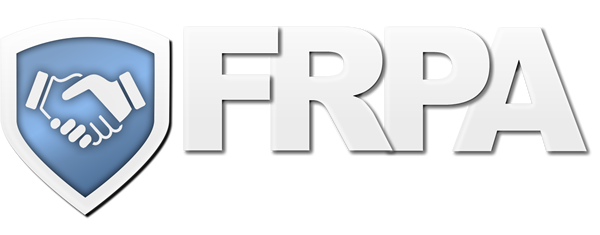This alert may not be shared outside your organization, Do Not Repost or send, place on other websites, List servers, or send to others via email, including other associations or parties. Members and Law enforcement use only. Contact us for any permissions. To do otherwise will result in the loss of membership.
Complete Story
09/20/2019
A Guide on 5 Common LinkedIn Scams
The State of Security
The fact that scammers haunt Facebook and Twitter is not surprising. Even so, digital criminals don’t stop with just those two platforms. They’re also known to stalk users on LinkedIn where connections carry greater professional gravity.
Fortunately, users can stay alert of such activity by familiarizing themselves with the most common types of LinkedIn scams. Here are five ruses, in particular, that should be on their radar. (These ploys are not ranked but simply listed in random order.)
Scam #1: Illegitimate Contact Requests
Like on any social media platform, the act of connecting with another LinkedIn user creates ample room for malicious activity.
Indeed, one of the most common ruses on LinkedIn is when a user receives a fake connection invite email from another member. These types of requests may take on one of several different forms. In some, fraudsters may claim that they’re romantically interested in the recipient.
Alerts
The FRPA alert system distinguishes us from other groups by gathering and providing information to law enforcement, retailers AND financial institutions.
more informationResources
Your electronic library to help in fighting financial fraud for all of our partners.
more information
